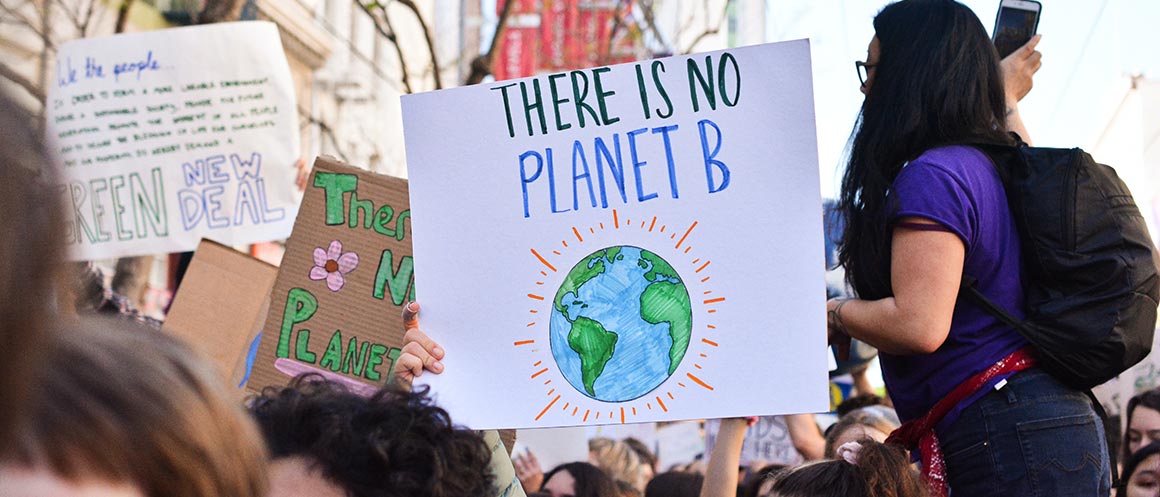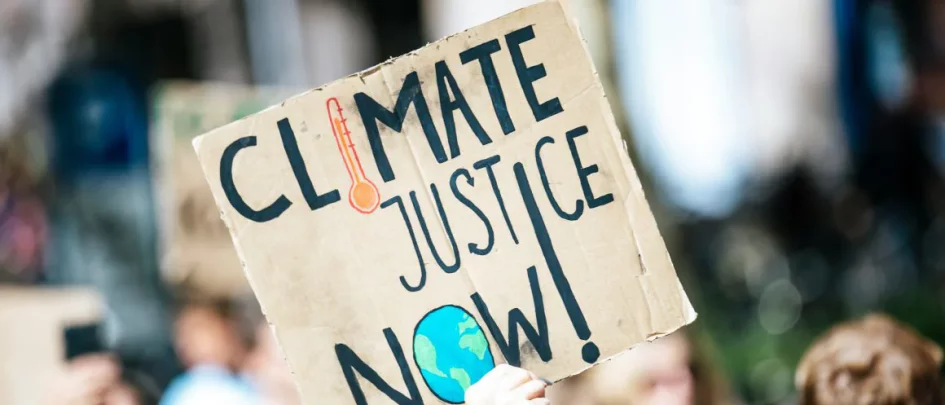And what does it mean for the climate crisis?
As consumers living in the climate crisis, we know there are some things we can do to help. We can try to live with less plastic, grow food at home, change to a green bank – the list goes on. But the heavy lifting of building a greener future lies with governments and corporations that are creating problems we’re unable to solve as individuals.
So how do we hold them accountable for their actions? Before, there were no criminal legal definitions in place to help us protect the planet from large scale damage. But in June 2021, this all changed. A fully worked legal definition of the term ecocide was developed by a panel of international criminal and environmental lawyers as a potential 5th crime under the Rome Statute of the International Criminal Court to be listed with other major offences including crimes against humanity, war crimes and genocide. This follows a decade-long campaign, led by Polly Higgins, for ecocide to be recognised as a crime against humanity. But what does ecocide really mean, and how will it help solve the climate crisis?
What does ecocide mean?
According to the non-profit organisation Stop Ecocide International, ecocide can be broadly defined as:
Mass damage or destruction to ecosystems, committed with knowledge of the risks.
By understanding the risks faced, ignoring them, and resulting in serious harm to the planet, ecocide is committed. The crime definition has been developed to protect people and the planet and it has been written so that damage to the environment can be outlawed even when there is no direct impact on humans.
While there are already some working environmental laws and regulations in place across the globe, they’re mostly under civil law (not criminal law) or don’t have the capacity to deal with large scale damage caused by governments and corporations.
Plastic Free
Period Products
Find your nearest store
Who will be affected by ecocide law?
The legal definition of ecocide has been developed with the intention of prosecuting persons of superior responsibility – think CEOs and senior officers. Outside of being prosecuted, it will affect us all by working to protect us and our earth from the long-lasting, damaging effects of ecocide. Natracare are proud sponsors of the Stop Ecocide Foundation and our founder, Susie Hewson, is a long-term supporter of Polly Higgins and says:
This law seems obvious and its common sense. Having these voluntary and empathic lawyers bring about an international law with a vision that make polluters pay, is revolutionary. Without laws to protect our habitat, and everything that makes up our independent ecosystem, we aren’t going to survive. When it’s gone it’s gone!
How will ecocide law help solve the climate crisis?
Criminal law helps us to set standards for what we consider to be morally (and legally) acceptable and puts real consequences in place for when the law is broken.
Some examples of the things that criminal ecocide law could address include:
- Fracking
- Oil spills
- Plastic pollution
- Tar sands
- Agricultural pollution
- Chemical disasters and weapons
By putting ecocide law in place, we state that today’s society does not see ecocide as acceptable.
Is ecocide law in place now?
In short, no. Ecocide has a fully worked legal definition and is available for consideration by nations and states interested in progressing an amendment to the Rome Statute, but it is not currently in place. The process can take a while, but you can support Stop Ecocide International’s work to getting this criminal law in place by donating to the cause.
Do you think ecocide criminal law will help to protect the planet and people?












